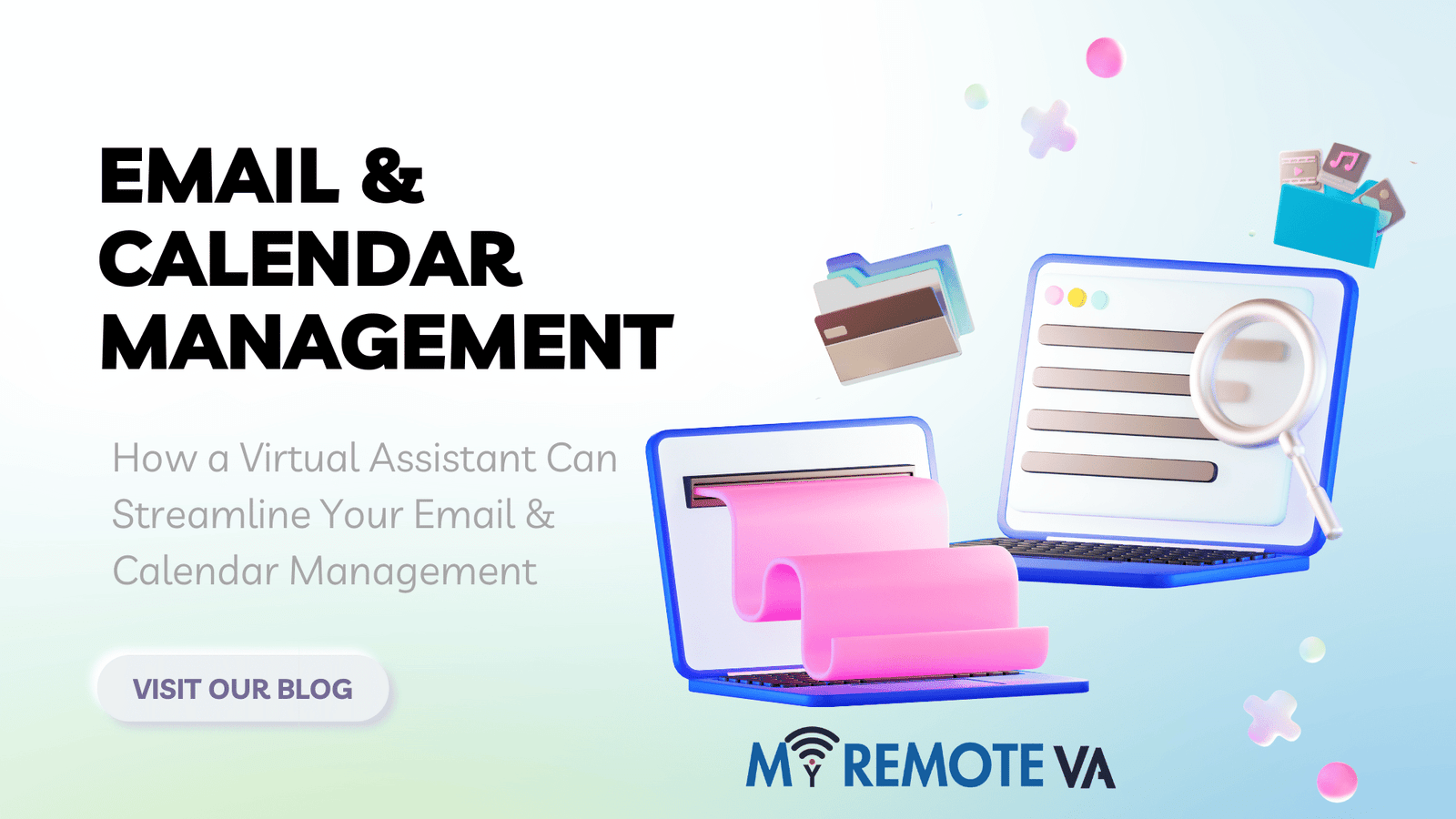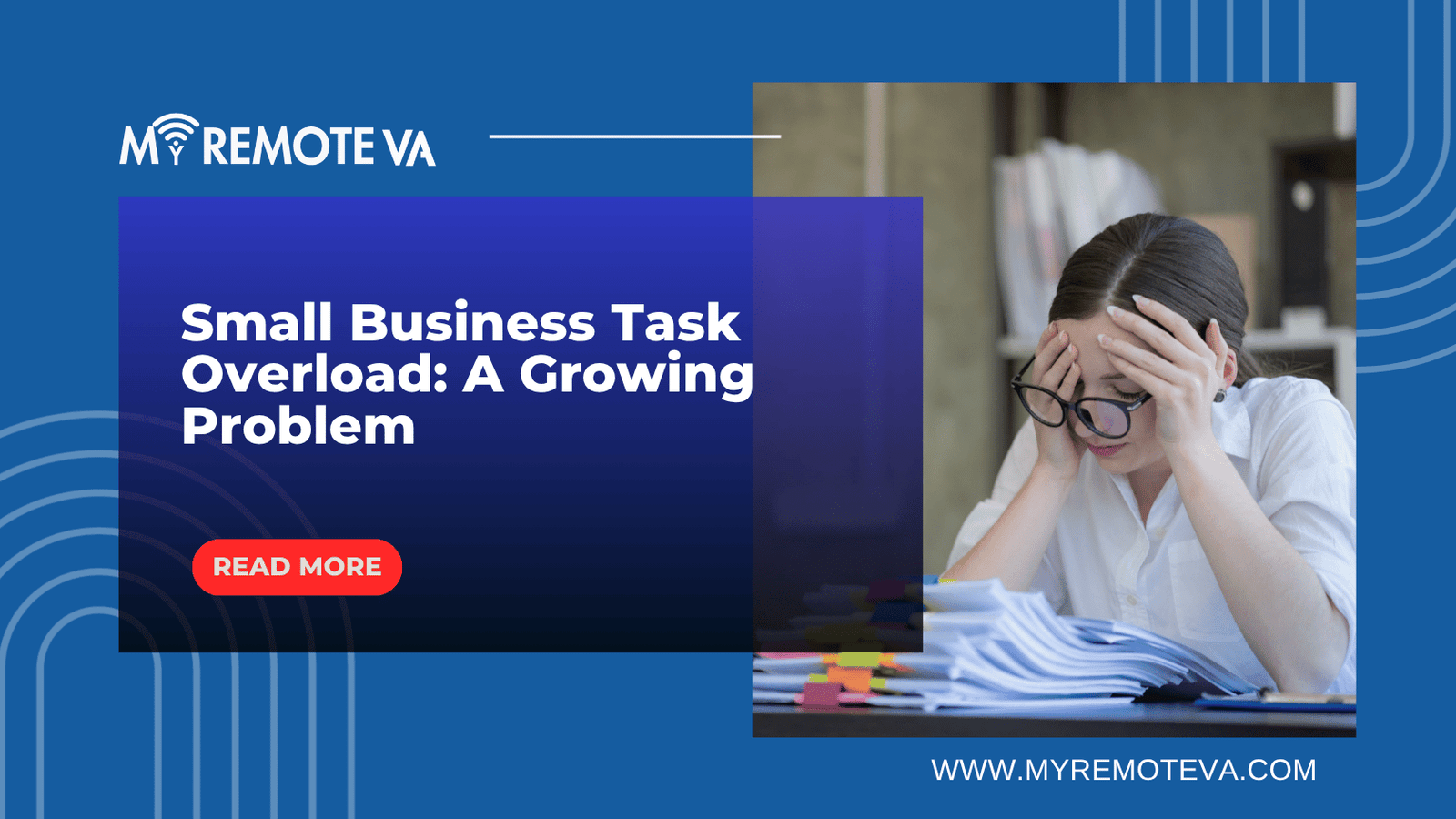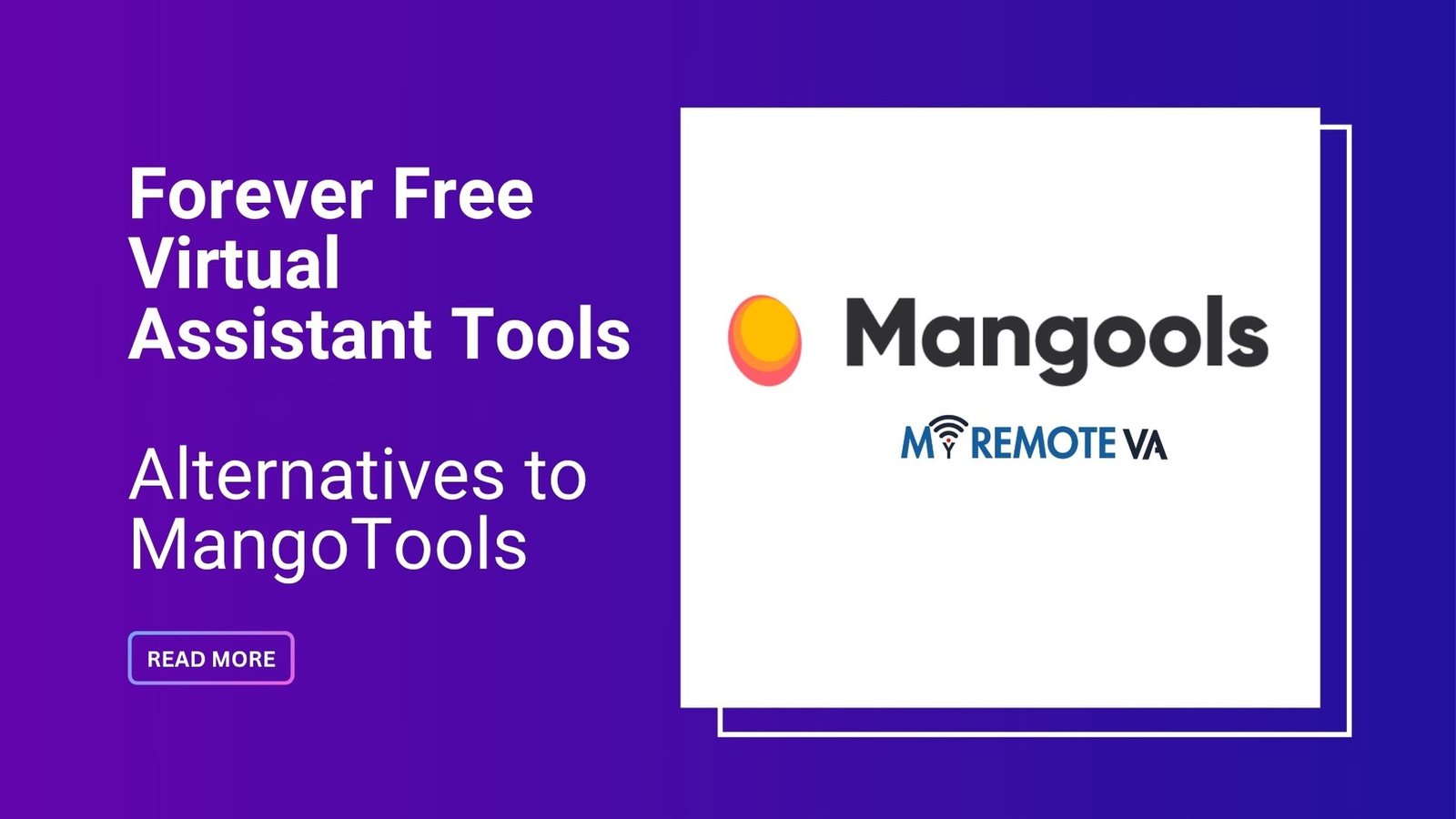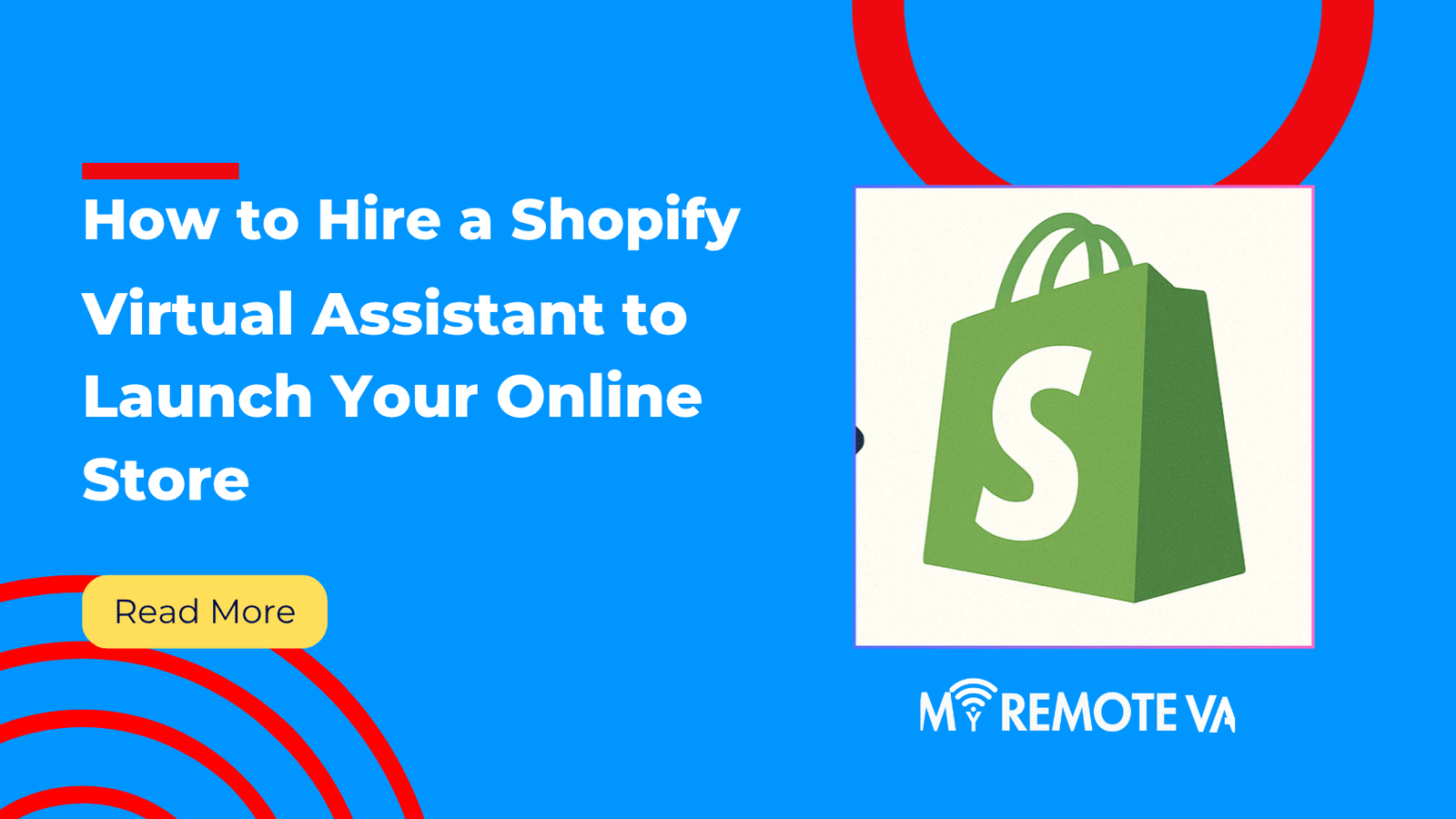Running a small business is a constant juggling act. You’re the CEO, the head of marketing, the customer service department, and the janitor all rolled into one. I remember when I first started my venture; my days were a blur of answering emails, managing social media, and trying to keep my calendar from collapsing in on itself. I felt like I was running on a treadmill at full speed, getting nowhere. I was so focused on doing all the things that I couldn’t step back and see the bigger picture—the growth strategy, the client relationships, the actual work I was passionate about. This is where a virtual assistant for small business owners becomes less of a luxury and more of a total necessity.
You probably got into business to do what you love, not to spend eight hours a day on administrative tasks. But those tasks are the glue that holds everything together. So, what happens when you start to feel like you’re buried under that glue? You can’t clone yourself, and hiring a full-time, in-house employee might not be in the budget. The perfect solution lies in finding a dedicated, reliable virtual assistant who can handle the day-to-day so you can reclaim your time and energy. It’s about working smarter, not harder, and building a business that supports your life instead of consuming it.
Why a Virtual Assistant is a Game-Changer for Small Businesses
The biggest and most immediate benefit of hiring a virtual assistant is the freedom it gives you. Imagine what you could do with an extra 10, 15, or even 20 hours a week. Would you spend that time on lead generation, creating a new product, or finally taking that Friday afternoon off to clear your head? A virtual assistant handles the tasks that drain your time and mental energy, allowing you to focus on high-impact activities that actually grow your business. It’s an investment that pays for itself, not just in dollars but in sanity.
Saving Money and Reducing Overhead
It might sound counterintuitive—paying someone else to do work—but a virtual assistant is a remarkably cost-effective solution. When you hire an in-house employee, you’re not just paying their salary. You’re also on the hook for benefits, payroll taxes, and providing them with a desk, computer, and other office supplies. A VA works as an independent contractor, which means you only pay for the hours they work, and none of those extra costs apply. It’s a flexible, scalable model that a small business can easily adapt as its needs change.
Access to a Global Talent Pool
Another major advantage is the incredible access to specialized skills. Maybe you need help with email marketing, social media management, or setting up a CRM. The perfect person for the job might not live in your city or even in your country. By hiring a virtual assistant, you can tap into a global talent pool, finding someone with the exact skill set you need without being limited by geography. This opens up opportunities to work with highly skilled professionals who might charge a fraction of what an in-house expert would cost. It’s about finding the right person for the job, no matter where they are.

What Tasks Can a Virtual Assistant for Small Business Handle?
The short answer is: almost anything that doesn’t require you to be physically present. From handling your calendar to managing your content, a VA can take on a wide range of tasks that free you up to do what you do best. Think of them as the ultimate support system, ready to tackle the to-do list you’ve been putting off for weeks.
Administrative and Organizational Tasks
This is the classic virtual assistant role. They can handle the daily grind that bogs you down, such as:
- Calendar Management: Scheduling meetings, appointments, and calls. Say goodbye to the endless back-and-forth emails trying to find a time that works for everyone.
- Email Management: Triage your inbox, respond to routine inquiries, and flag important messages so you can focus on the ones that matter.
- Data Entry: From updating spreadsheets to inputting customer information into a database, VAs are masters of organization and detail.
- Travel Planning: Booking flights, hotels, and ground transportation so you can focus on your trip, not the logistics.
Marketing and Social Media Support
Marketing is a non-negotiable for small businesses, but it can be incredibly time-consuming. A VA can be your marketing co-pilot, handling tasks like:
- Social Media Scheduling: Creating and scheduling posts across all your platforms to maintain a consistent presence. They can also engage with your audience, freeing you up to focus on the bigger strategy.
- Content Creation: This could be anything from writing blog posts to creating graphics for social media. A good VA can turn your ideas into polished, professional content.
- Email Marketing: Setting up and managing email campaigns, segmenting your lists, and tracking performance.
Customer Service and Client Management
Happy customers are the lifeblood of any business. A virtual assistant can help you keep them smiling by:
- Answering Inquiries: Responding to customer questions via email, live chat, or phone.
- Managing CRM: Keeping your client records up-to-date and ensuring no follow-ups fall through the cracks.
- Onboarding New Clients: Sending welcome packets, scheduling initial calls, and collecting necessary information.
As your business grows, these tasks multiply, making the need for a professional virtual assistant more urgent. You can find out more about how to hire a virtual assistant and what to look for on our blog post about how to hire a virtual assistant without getting burned. It’s a fantastic resource for anyone new to the process.

How to Find and Work with a Virtual Assistant
So, you’re convinced. The idea of getting your time back sounds like a dream. But how do you actually go about finding the right person? It’s not as simple as a quick Google search. You need to be thoughtful and strategic to ensure a successful partnership. A strong startup virtual assistant, for example, is trained to be proactive and adaptable, making them an excellent fit for a small business that’s still finding its footing.
1. Define Your Needs First
Before you even start looking, sit down and make a list. What tasks are you constantly putting off? What are the biggest time-sinks in your day? Are you looking for a VA to handle administrative tasks, or do you need more creative support? The clearer you are about your needs, the easier it will be to find the right person and communicate your expectations effectively.
2. Vet Your Candidates Thoroughly
Just like with any hire, you need to do your due diligence. Ask for a portfolio of their work, especially if you’re looking for support with things like graphic design or content creation. Don’t be afraid to ask for references from past clients. A great way to test a potential VA is to start with a small, paid project. This gives you a chance to see their communication style, work ethic, and attention to detail before you commit to a long-term contract.
3. Master the Art of Delegation
This is often the hardest part for small business owners. We’re used to doing everything ourselves, and letting go of control can feel terrifying. But you have to trust the person you’ve hired. Set clear expectations, provide them with the necessary tools and information, and then let them do their job. Micromanaging a VA defeats the purpose of hiring one in the first place. Think of yourself as the captain of the ship, and they are your first mate—you set the course, and they handle the navigation.
A good working relationship is built on trust and clear communication. Regular check-ins and a shared project management tool can work wonders. Be open to feedback from your VA, too. They might have a more efficient way of doing a task or see a problem you’re too close to notice. A symbiotic relationship with a virtual assistant for small business owners is what separates the thriving ventures from the ones that are just barely getting by.
TL;DR
If you’re a small business owner feeling overwhelmed by administrative tasks, hiring a virtual assistant is a strategic move that can save you time and money. A VA works remotely, helping you with everything from managing your calendar and inbox to handling social media and customer service. They are more cost-effective than a traditional employee and give you access to a global talent pool with specialized skills. To get started, define your needs, vet candidates carefully, and learn to delegate effectively. The goal is to free yourself from the daily grind so you can focus on growing your business and enjoying a better work-life balance.
Frequently Asked Questions About Virtual Assistants for Small Businesses
Q: How much does a virtual assistant for a small business cost?
A: The cost can vary widely depending on the VA’s location, skill set, and experience. Some VAs charge by the hour, while others offer flat-rate packages for a certain number of hours per month. It’s a highly flexible model that can be tailored to fit almost any budget.
Q: What’s the difference between a freelance VA and a VA agency?
A: A freelance virtual assistant is an independent contractor you hire directly. You are responsible for all communication, management, and training. A VA agency, on the other hand, handles the hiring and vetting process for you, often providing a team of VAs and a project manager. This can be more expensive but offers a higher level of support and reliability.
Q: Are virtual assistants trustworthy?
A: Just like with any employee or contractor, trust is built over time. It’s essential to properly vet your candidates by checking references, looking at portfolios, and starting with small, low-risk tasks. Reputable agencies also have screening processes and contracts in place to protect both you and the VA.
Q: How can a VA help with my business’s social media?
A: A VA can be a huge asset for social media management. They can create a content calendar, schedule posts, monitor comments and messages, and even help with community engagement. This frees you up from the constant need to be online, ensuring your brand stays active and connected to its audience.




















